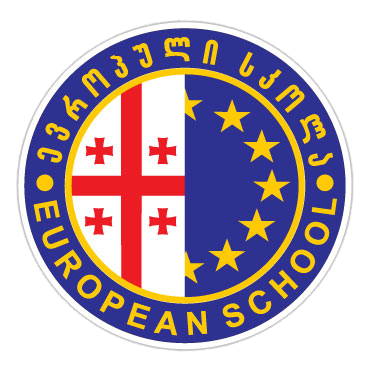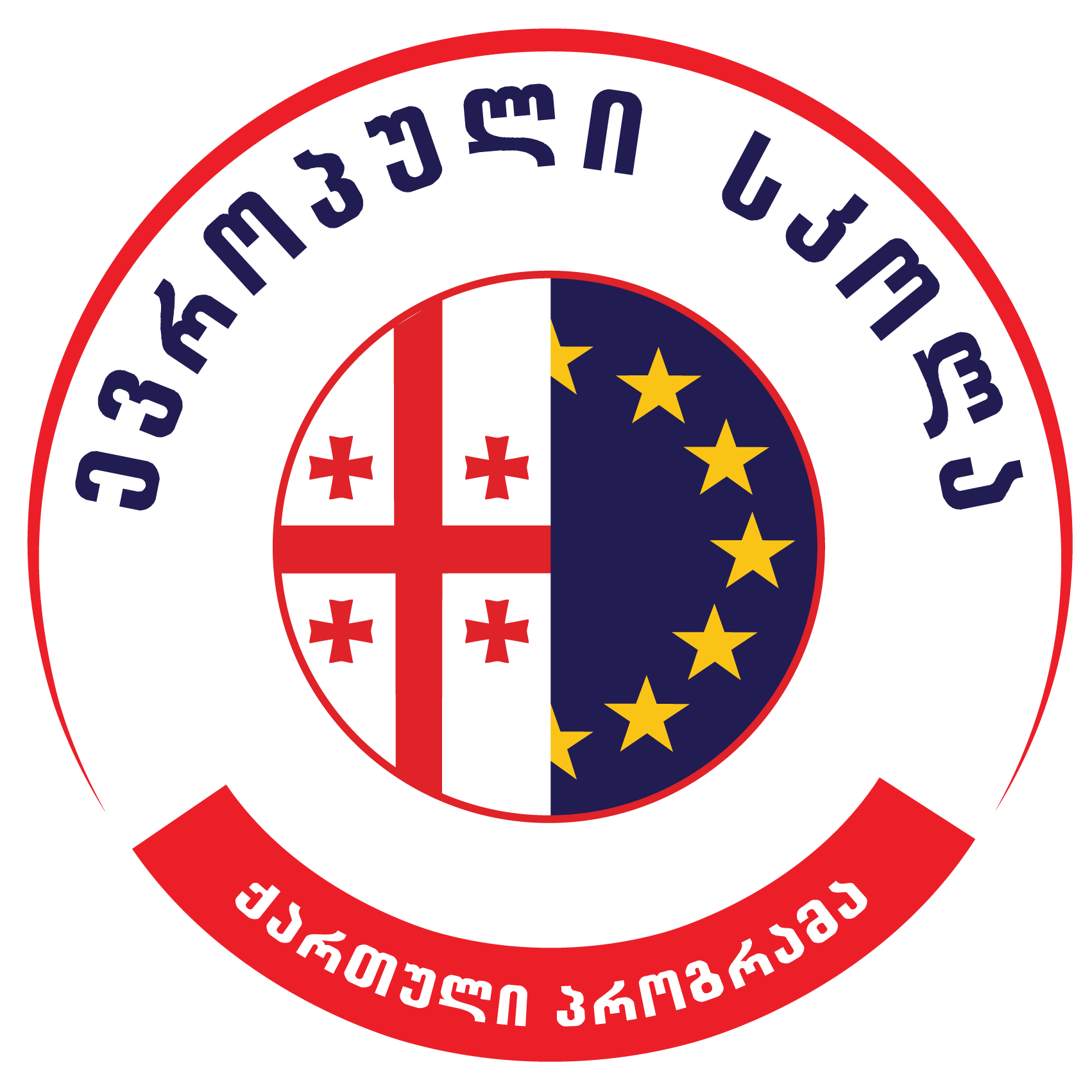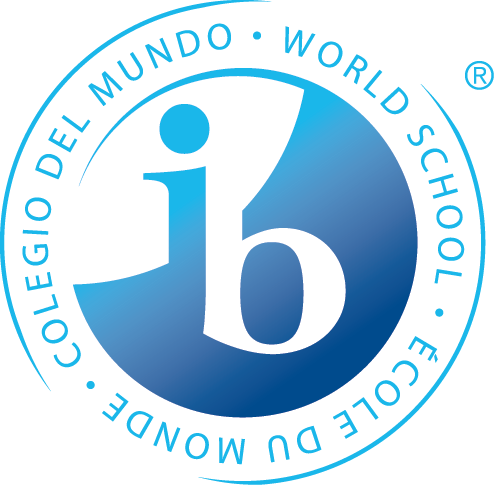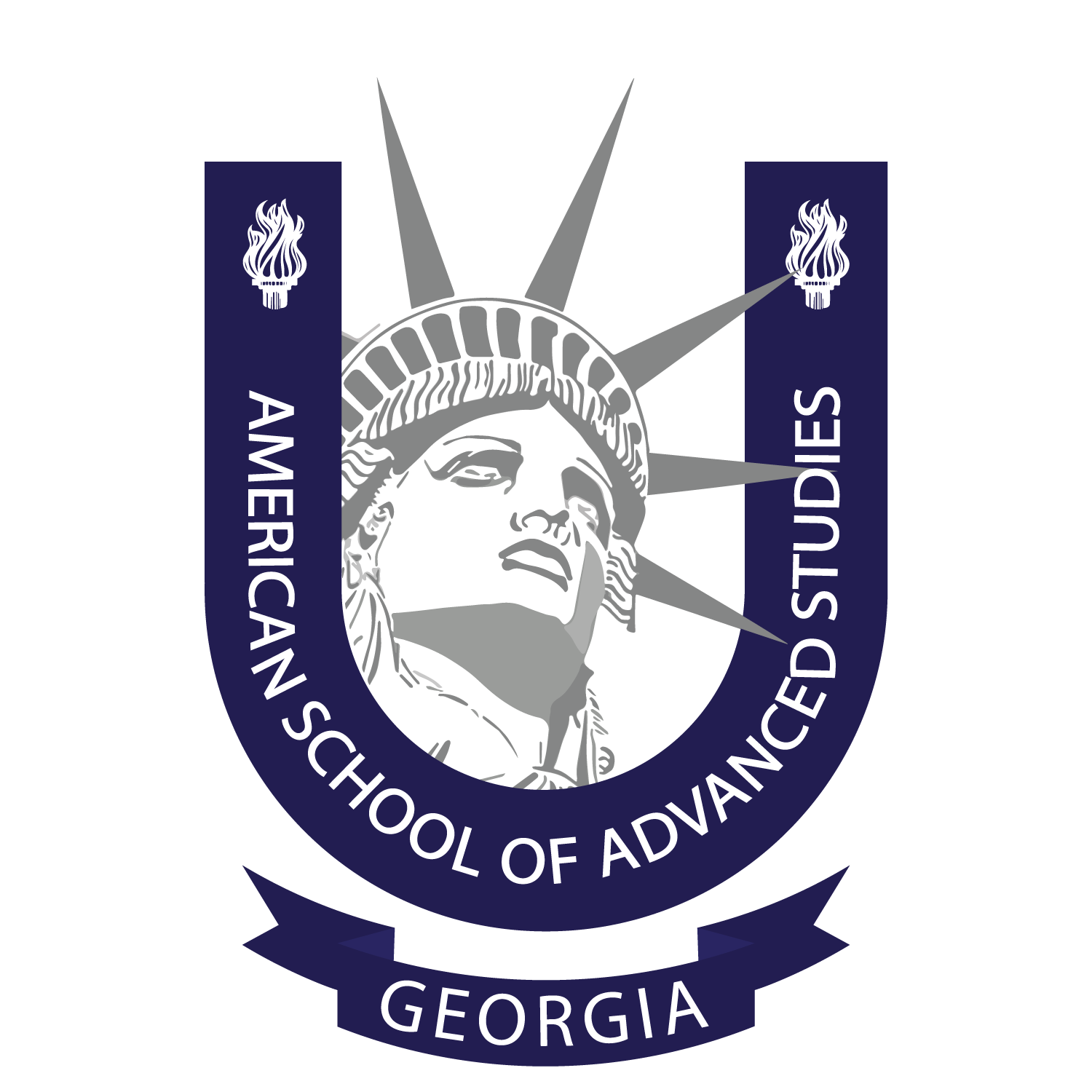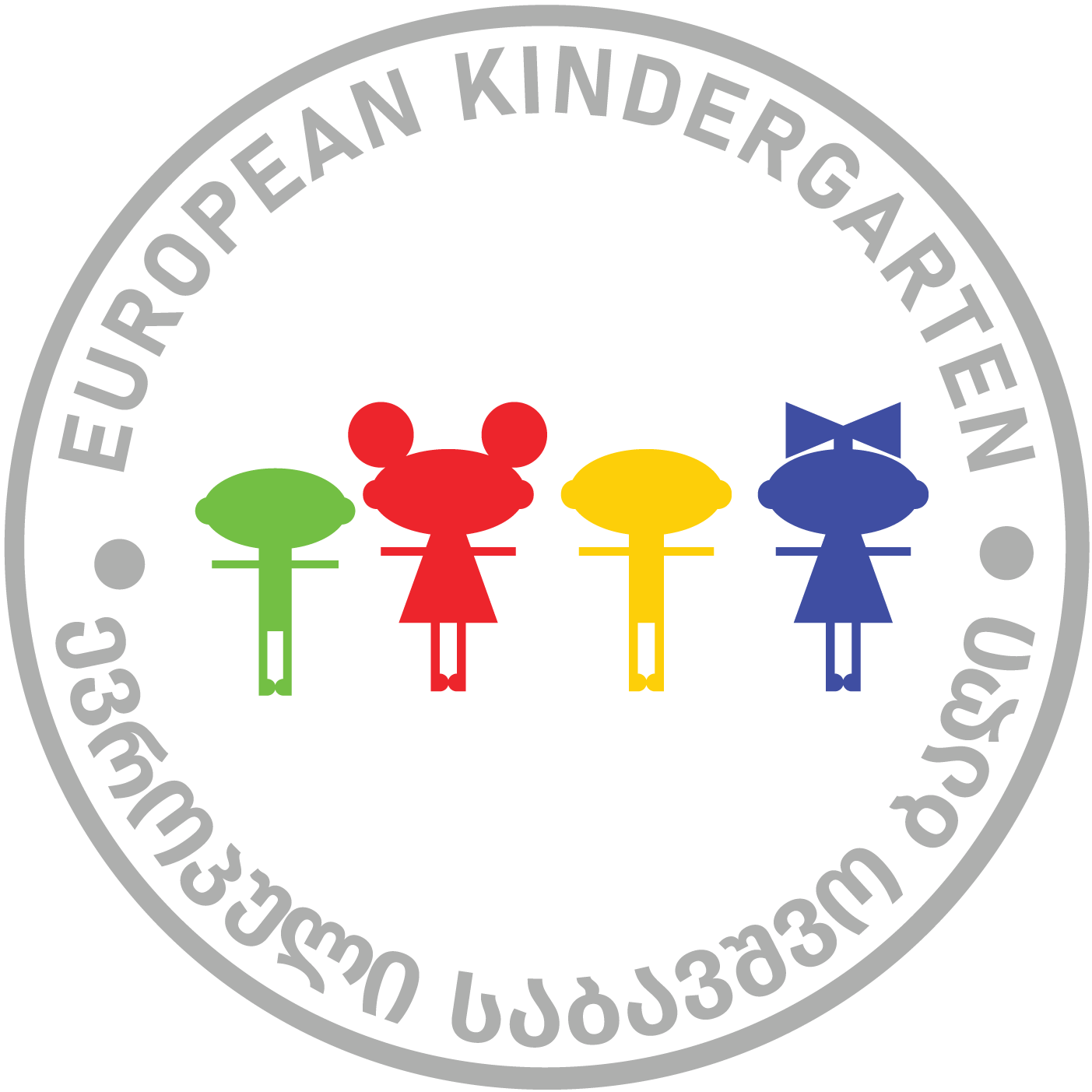News
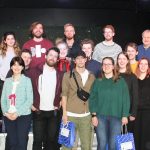
Music Lessons by Norwegian Musicians
08 Apr 2019The European School hosted Norwegian musicians a few days ago. The guests conducted music lessons for PYP students from grades 3-5 using modern teaching methods. Music Academy of Norway is a leader in teaching music. The musicians arrived to Georgia within the Tbilisi Music Conservatory project and were invited to our school By the ES music teacher Nino Chalisuri, who visited Oslo Music Academy in February. She was introduced to innovative teaching methods during her visit and already applies them in practice at the ES. The Norwegian musicians held a concert after classes. Our guests and ES teachers are planning to continue collaboration in the future.
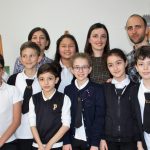
Solo Exhibition
06 Apr 2019On April 3rd , personal exhibition of PYP student from grade 5c Alina Spanova was held at London Avenue. Organizers of South Korean art festival Dream Summit visited the exhibition and became impressed by paintings of a young artist. The guests gave her a very positive feedback.
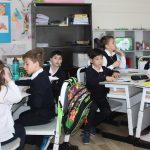
Open Lessons
02 Apr 2019PYP Program held open lessons for parents. Parents were offered this opportunity to observe live lessons and receive information about innovative teaching methods and the quality of education of their kids.
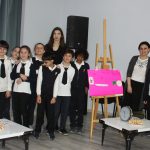
Advertising and Promotion
02 Apr 2019PYP students have been working on a project about advertising for three days. They learned how should advertisement affect the behavior of clients and used an apple company for testing. The students created effective posters, videos and introduced the company product to the 5th graders. The winner team received special prizes from the school.
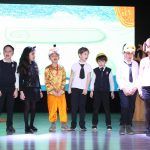
Village Builders
29 Mar 2019PYP students from grade 2 staged a performance according to Sulkhan Saba Orbeliani’s fable “Village Builders”. Different nationality students learned Georgian alphabet, reading, writing, simple phrases, poems, songs and surprised their parents.
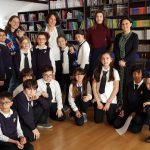
Art of Advertising
29 Mar 2019Advertising company AdVan made a presentation for PYP students. The presenters showed several advertisements to students and gave tips for effective advertising.
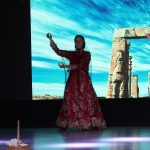
Persian New Year
22 Mar 2019On March 19, the celebration of Nowruz-the Persian New Year and the beginning of spring by MYP grade 10 students with traditional music and dances performed in national costumes became an interesting way of exploration of Persian culture for the whole school community.
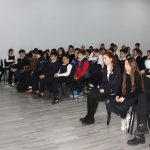
MYP Assembly
19 Mar 2019On March 18, MYP assembly was held at the Main Conference Hall. At the assembly, students summarized the second semester activities and presented their projects to the audience.
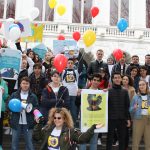
Campaign against Climate Change-Stop Global Warming!
18 Mar 2019On March 15, the ES students from MYP programme walked out of the school to declare a climate emergency and take active steps to tackle the problem. They reminded people in the streets how serious the problem might become, if we won’t take a good care of our planet. Global warming, ozone hole, climate change is a growing risk for humans. Students’ march – a protest against climate change started at the European School territory and finished at the Ministry of Environment Protection and Agriculture of Georgia.
